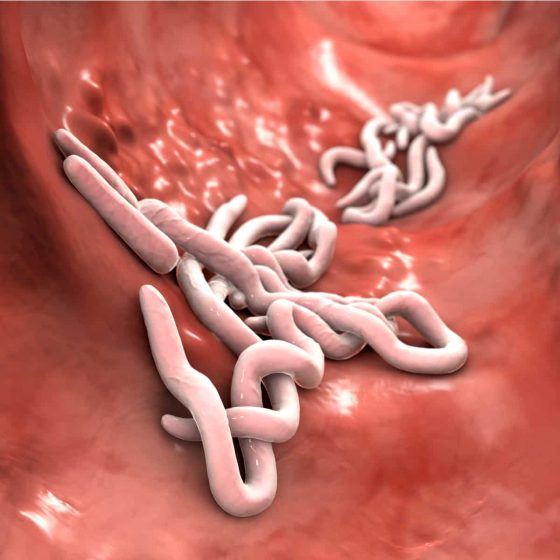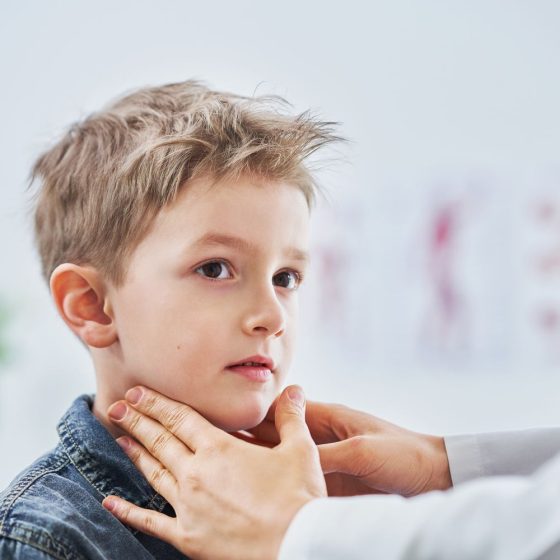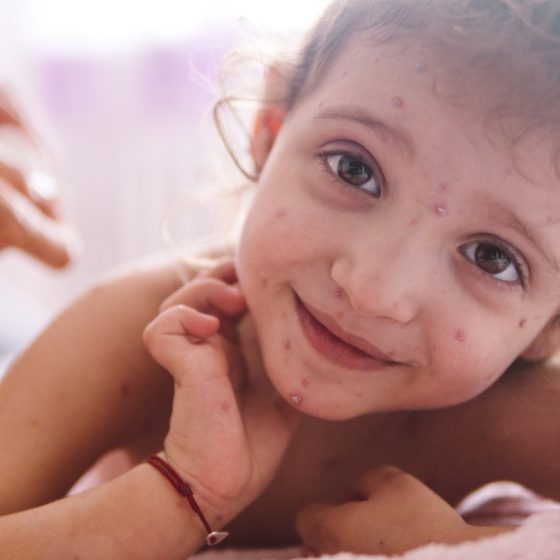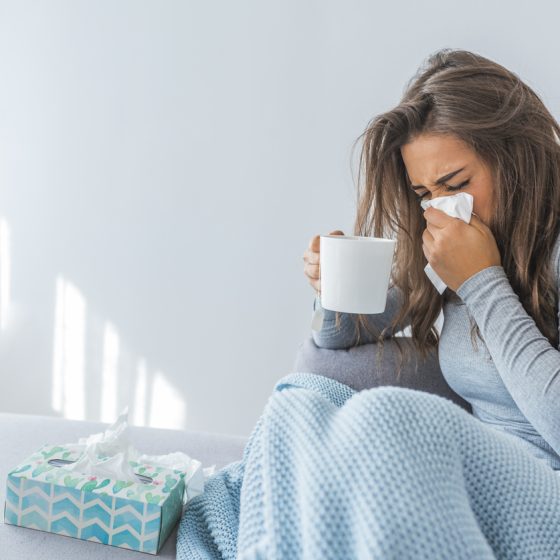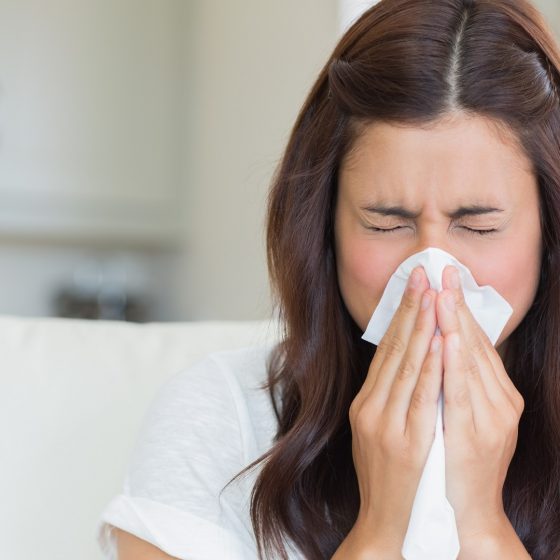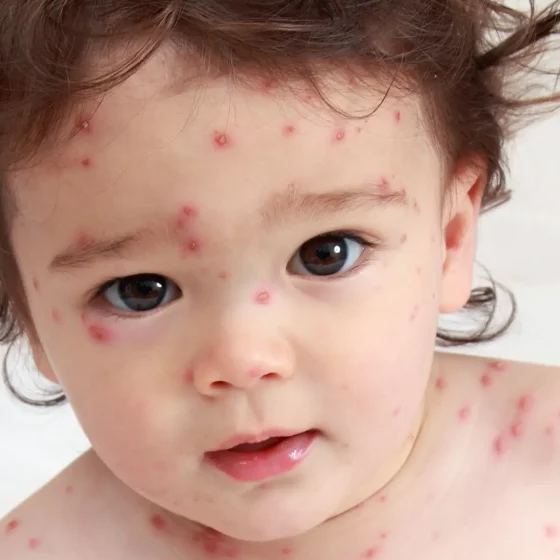Threadworms (pinworms)
Key facts Threadworms are tiny white worms that can live in your intestines. They are most common in children, and cause itching around the anal area. You can catch threadworm if you get worm eggs on your hands and put your hands in your mouth. You can treat threadworm with a single dose of medicine available over-the-counter from the pharmacy. To prevent the spread of threadworm, treat the whole family at the same time and encourage good hygiene. What are threadworms? Threadworms, also called pinworms, are tiny parasites that grow to about 1cm in length and look like tiny pieces

